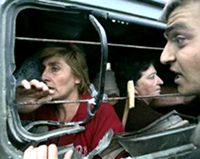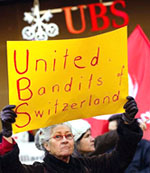
Europe

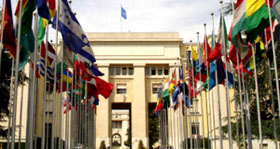
Come Late, Leave Early: Russia-Georgia-Abkhazia-South Ossetia Negotiations
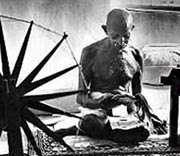
Non-Violent Peace Brigades: How Fast Can We Move?
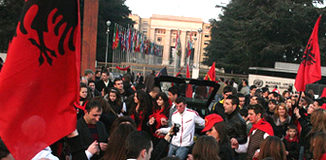
Coming in From the Cold: UN Membership Needed for the Phantom Republics

Russia, Georgia and The High Cost of Cheap Oil
The days when the US could kill, drill and consume its way out of crisis may have ended. That new reality is made clear by the current conflict between Russia and Georgia, which is looking more and more like one between Russia and the US. The exact moment in history marking the last gasp of the American Empire will likely be debated by historians for years. But there is little doubt that August 7, 2008 will be viewed as a turning point in that history. Georgia's invasion of South Ossetia, followed by Russia's predictable response, may have faded from the US media spotlight, but it is on the front pages of much of the international press - and for good reason.
